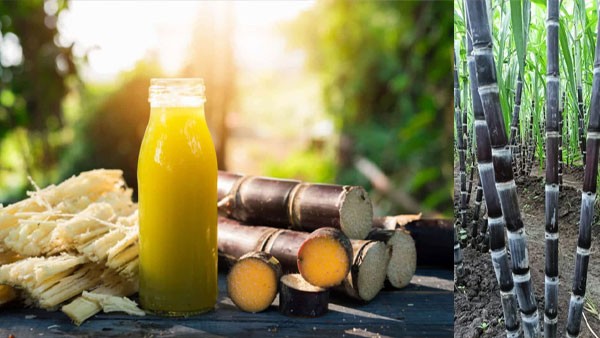
Drinking sugarcane juice is a delightful indulgence, especially during scorching summer days. However, like any consumable, it comes with both benefits and potential drawbacks. Let’s explore the nuances of this natural elixir.
Nutritional Value: Sugarcane juice, extracted from the vibrant green stalks of sugarcane, packs a modest 98 calories per 8-ounce serving (approximately 240 ml). It is virtually cholesterol-free and contains small amounts of fat, fiber, and protein. Additionally, this refreshing drink provides essential minerals such as sodium, potassium, calcium, magnesium, and iron.
Health Benefits:
- Instant Energy Boost: When fatigue sets in, a glass of sugarcane juice acts as an immediate pick-me-up. Its simple sugars are rapidly absorbed, replenishing energy levels.
- Liver Support: Rich in vitamins, minerals, and antioxidants, sugarcane juice promotes liver health. Its alkaline nature helps maintain electrolyte balance.
- Anti-Cancer Properties: Plant polyphenols found in sugarcane juice exhibit potent antioxidant and anti-cancer activity.
- Digestive Aid: The potassium content balances stomach pH, easing digestion and preventing infections.
- Diabetes Management: Despite its natural sugar content, sugarcane juice has a low glycemic index, making it suitable for diabetics in moderation.
Side Effects:
- Weight Loss: Regular consumption may lead to unintended weight loss.
- Blood Thinning: Sugarcane juice can have blood-thinning effects, so individuals on blood-thinning medication should consult their doctors.
- Insomnia and Dizziness: Excessive intake may cause these symptoms.
- Cholesterol Impact: Policosanol in sugarcane can affect cholesterol levels.
Remember, moderation is key. While sugarcane juice offers health benefits, excessive consumption can tip the scales toward adverse effects. So, savor this sweet elixir mindfully!
